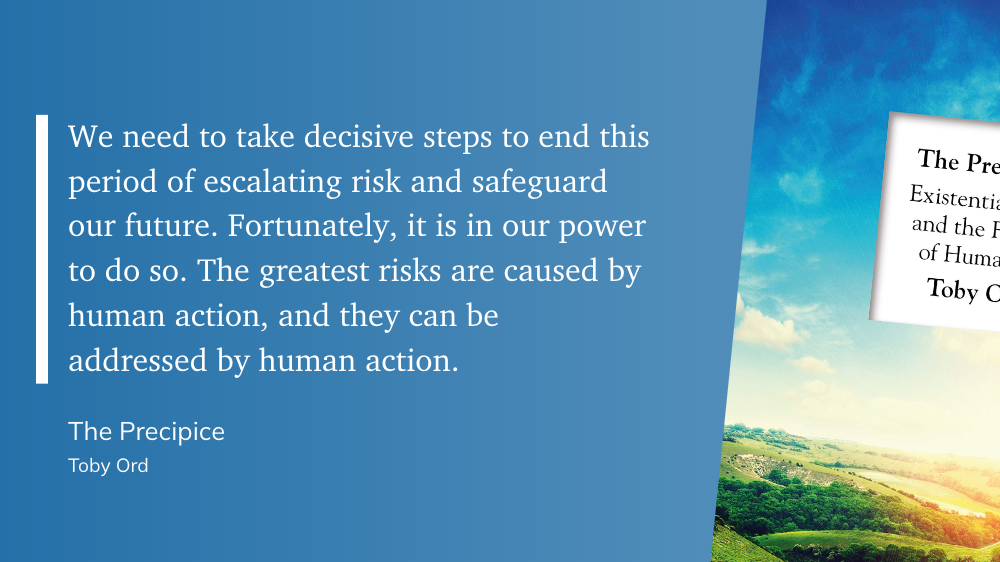
As the landscape of education continues to evolve in response to global disruptions and digital advancements, blended learning models have surged in popularity. Among these is the flipped classroom model, a strategy that leverages video instruction to mitigate potential obstacles that make it challenging for students to access information presented live. However, I often hear the question, “Can I use the flipped classroom if I don’t assign homework?”
Catlin Tucker
Catlin Tucker explores the evolution of the flipped classroom model and discusses its potential beyond traditional homework assignments. The author reflects on how the concept has transformed over the years and provides valuable insights into its current state.
Tucker emphasizes that the flipped classroom is no longer limited to a mere reversal of in-class and at-home activities. Instead, it has evolved into a more dynamic and interactive learning experience. The traditional model involved students watching video lectures at home and completing practice exercises in the classroom. However, Tucker suggests that educators can now take advantage of various digital tools and instructional strategies to enhance the flipped classroom approach.
- Tucker, Catlin R. (Author)
- English (Publication Language)
- 270 Pages – 11/09/2022 (Publication Date) – Impress (Publisher)
One key takeaway from the post is the importance of leveraging technology to make flipped learning more engaging and personalized. Tucker suggests incorporating interactive videos, online discussions, and collaborative projects to foster deeper student engagement. By diversifying the resources and activities, educators can create a more inclusive and interactive learning environment.
Another significant point highlighted by Tucker is the need for intentional planning and scaffolding in a flipped classroom. Educators should design clear guidelines and structures to support students in their independent learning endeavors. This involves providing explicit instructions, organizing content in manageable chunks, and offering continuous guidance throughout the process.
Tucker also explores the concept of differentiation within the flipped classroom. She suggests tailoring instructional materials and activities to meet the diverse needs of students. By providing a range of resources, teachers can support students with different learning styles and abilities, promoting an inclusive and equitable learning environment.
- Amazon Kindle Edition
- Novak, Katie (Author)
- English (Publication Language)
- 234 Pages – 05/28/2021 (Publication Date) – Impress (Publisher)
In conclusion, Catlin Tucker’s blog post emphasizes the evolution of the flipped classroom beyond its original concept of homework flipping. By embracing technology, intentional planning, and differentiation, educators can create a more engaging and student-centered learning experience. The flipped classroom has the potential to transform traditional teaching practices and foster deeper understanding and collaboration among students.
Link to the original blog post: Beyond Homework: Flipped Classroom
The Eclectic Educator is a free resource for everyone passionate about education and creativity. If you enjoy the content and want to support the newsletter, consider becoming a paid subscriber. Your support helps keep the insights and inspiration coming!




